Jean-Pierre Grenier
Birth : 1914-11-20, Paris, France
Death : 2000-02-21
History
Jean-Pierre Grenier (20 November 1914 – 21 February 2000) was a French actor, theatre director and screenwriter.
In 1946, Jean-Pierre Grenier, in association with Olivier Hussenot, established "La Compagnie Grenier-Hussenot" which was disbanded in 1957. In 1974, he became director of the théâtre de Boulogne-Billancourt until 1984.
He was the companion of Janine d'Almeida, impresario and producer.
Source: Article "Jean-Pierre Grenier" from Wikipedia in English, licensed under CC-BY-SA 3.0.

Director

Narrator (voice)
A documentary film about occupational diseases shot in 1957 at the Francolor factory in Oissel. It takes the form of a scientific investigation to discover the origin of a mysterious illness that has infected a worker at the factory.
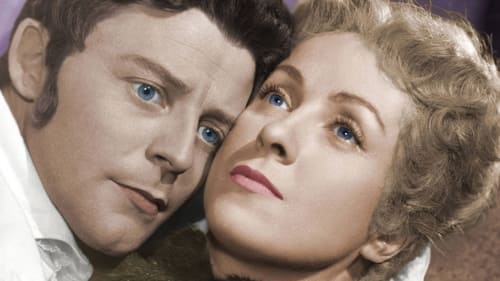
It's no holds barred for Julian in pursuit of upward mobility. Although expected to channel career aspirations into the Church of the post-Napoleonic era, his intensely romantic liaisons propel him forward at a pace he cannot control.
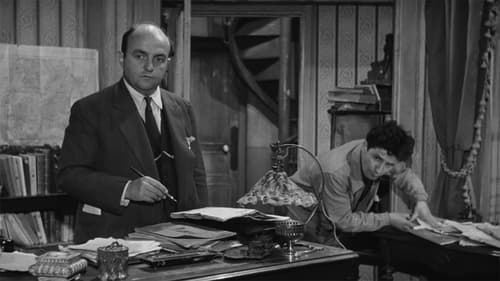
(Voice dubbing for Carlo Ninchi)
The title of this French "reality" drama, which translates to Before the Deluge, is a play on Louis XVI's famous prognostication, "Apres moi, le deluge." Set in 1950, the film concentrates on five Parisian adolescents. Certain that the next war will herald the apocalypse, the youngster make plans to run off to a desert island and set up a new society. This, however, will require money, which is why the boys decide to pull off a "necessary" robbery. Idealism collapses in the face of cold reality, as the five youths suffer from the consequences of their actions. Avant le Deluge was one of a group of films cowritten by director Andre Cayatte and Charles Spaak which endeavored to explore the touchy social issues of the day: others in the Cayatte-Spaak canon include the euthanasia-themed Justice est Faite and the capital-punishment tract Nous sommes tous des assassins.
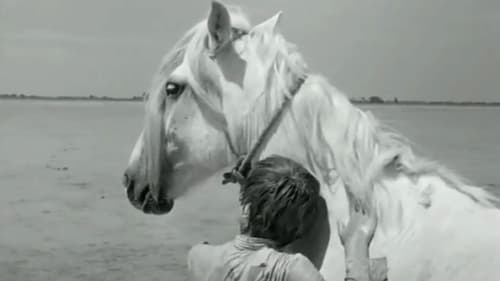
Narrator (French) (voice)
In the south of France, in a vast plain region called the Camargue, lives White Mane, a magnificent stallion and the leader of a herd of wild horses too proud to let themselves be broken by humans. Only Folco, a young fisherman, manages to tame him. A strong friendship grows between the boy and the horse, as the two go looking for the freedom that the world of men won’t allow them.
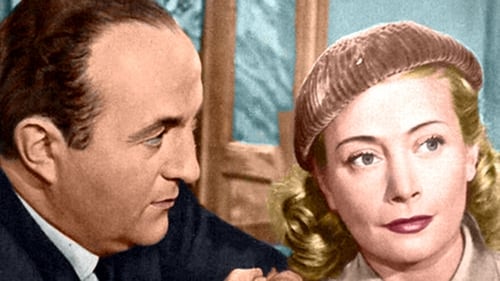
Jacques, the deportee
Noël is a bachelor who inherits a matrimonial agency. After contemplating selling it, he chooses to manage it.

Docteur Detouche (version française)
Originally titled Nous Sommes Tout des Assassins, We Are All Murderers was directed by Andre Cayette, a former lawyer who detested France's execution system. Charles Spaak's screenplay makes no attempt to launder the four principal characters (Marcel Mouloudji, Raymond Pellegrin, Antoinine Balpetre, Julien Verdeir): never mind the motivations, these are all hardened murderers. Still, the film condemns the sadistic ritual through which these four men are brought to the guillotine. In France, the policy is to never tell the condemned man when the execution will occur--and then to show up without warning and drag the victim kicking and screaming to his doom, without any opportunity to make peace with himself or his Maker. By the end of this harrowing film, the audience feels as dehumanized as the four "protagonists." We Are All Murderers was roundly roasted by the French law enforcement establishment, but it won a special jury prize at the 1952 Cannes Film Festival.

The Bosco
Captain Joris Kniper believes so strongly that he is "skipper next to God" that he is used to playing God on his ship. Tough and bossy, he gives orders which are not to be discussed. But, some day, he is driven to accept on board several German Jews fleeing the nazis and who are refused asylum everywhere. He gradually realizes that skipper he is, but next to God only.The Bible will help him to find the way to self-questioning, awareness and charity.
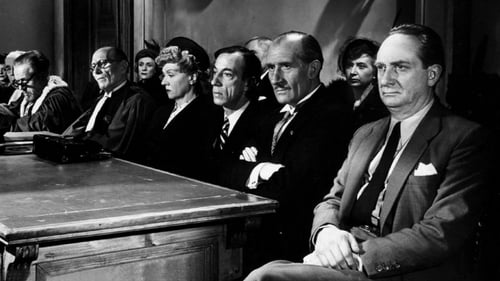
Jean-Luc Flavier, le 3ème juré
Elsa Lundenstein is accused of having murdered her lover. The jury discusses the case vividly. All members are somehow prejudiced because of personal life experience and subsequently each member reads something different into the presented facts.
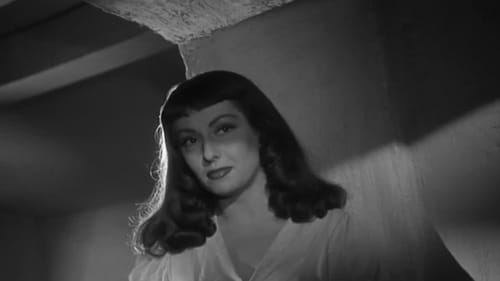
Jean
Based on a venerable Legend of the Sea, the story concerns a pliable prostitute named Bella (Romance) who is all things to all men. No matter what sort of woman her client wants, she will become that woman -- at least for the night. When a middle-aged man named Jean insists that Bella is his long-lost sweetheart, she plays along, hoping to escape her sordid lifestyle. The emotional tragedy that follows is meant to explain how Bella became "Maya," the living embodiment of Lost Souls.
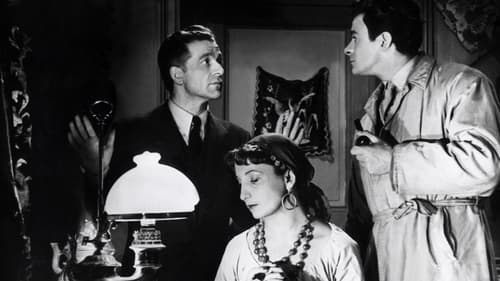
Mathilde Stangerson just married her fiance, when she heard that Larsan, her cruel former husband, whom she believed to be dead, is actually very much alive. Taking refuge to her castle, she appealed to the journalist Rouletabille to protect her.

Marles
Socially conscious and realistic treatment of hard working coal miners in the north of France, and a struggle between a younger and older engineer.

Sylvain, sentenced to death, assures the visiting priest that his life could have been completely different, and invents different situations.








